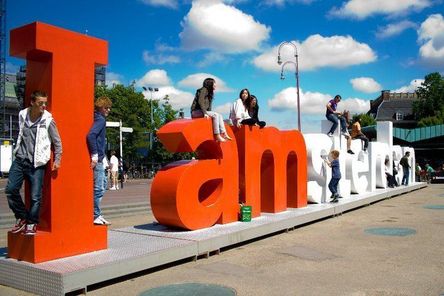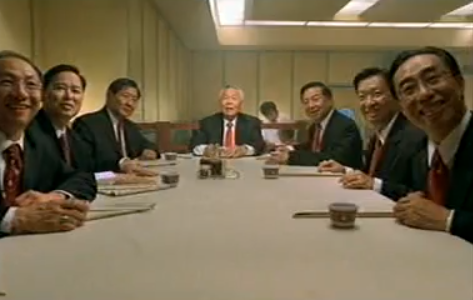

Chinese travellers are quickly changing the tourism industry and services worldwide. Whereas domestic travel, particularly for educational purposes, has a long tradition in China, travelling abroad is a relatively new phenomenon. Yet in 2010 alone an estimated 3.8 million Chinese travelled to Europe, and it is assumed that this figure will quadruple by 2020, according to a recent study by the TUI Think Tank.
The tourism industry – but also associated branches such as commerce, mobility, telecommunications and culture – must adapt itself not only to the influx of tourists from China but also to their travel and holiday needs.
Bijenkorf, the high-end shopping mall at the Dam Square in Amsterdam, recently introduced way finding signs in Chinese. Mandarin speaking hostesses are permanently in store to cater for any questions of Chinese visitors. Young Chinese tourists flock the isles, looking for the latest Gucci or Louis Vuiton item on sale. Not only can they get tailored service and product information in their mother tongue, they can acquire these items much cheaper compared to home where prices are much higher due to heavy import taxes. In addition, the Global Blue program allows them to get a tax refund before they leave the country. Shopping is a strong feature of Chinese tourists who love to bring back gifts to their relatives and friends and show off their international traveling.
Today many Chinese tourists venture out in small groups or pairs, in contrast to more stereotypical group travel with guides leading them to the next picture moment. Young urban Chinese come across as self-confident, fashionable and even noisy, spurred by a newfound freedom to access the world and acquire its material goods.
Their average stay in The Netherlands is only 2 days, for their travels will also bring them to London, Paris and Rome. Thus, competition is fierce and all cities try to prolong the average stay of Chinese tourists as a welcome source of income. Catering to the needs of Chinese customers means extending a lot of courtesy and service levels (incl. food and beverage requirements), as well as providing connectivity (wifi everywhere!).
And when Chinese visitors finally leave The Netherlands for their next destination they will be able to purchase some more luxury perfumes or whisky at the taxfree shops of Schiphol Airport, of course also serviced by Mandarin-speaking personnel.



